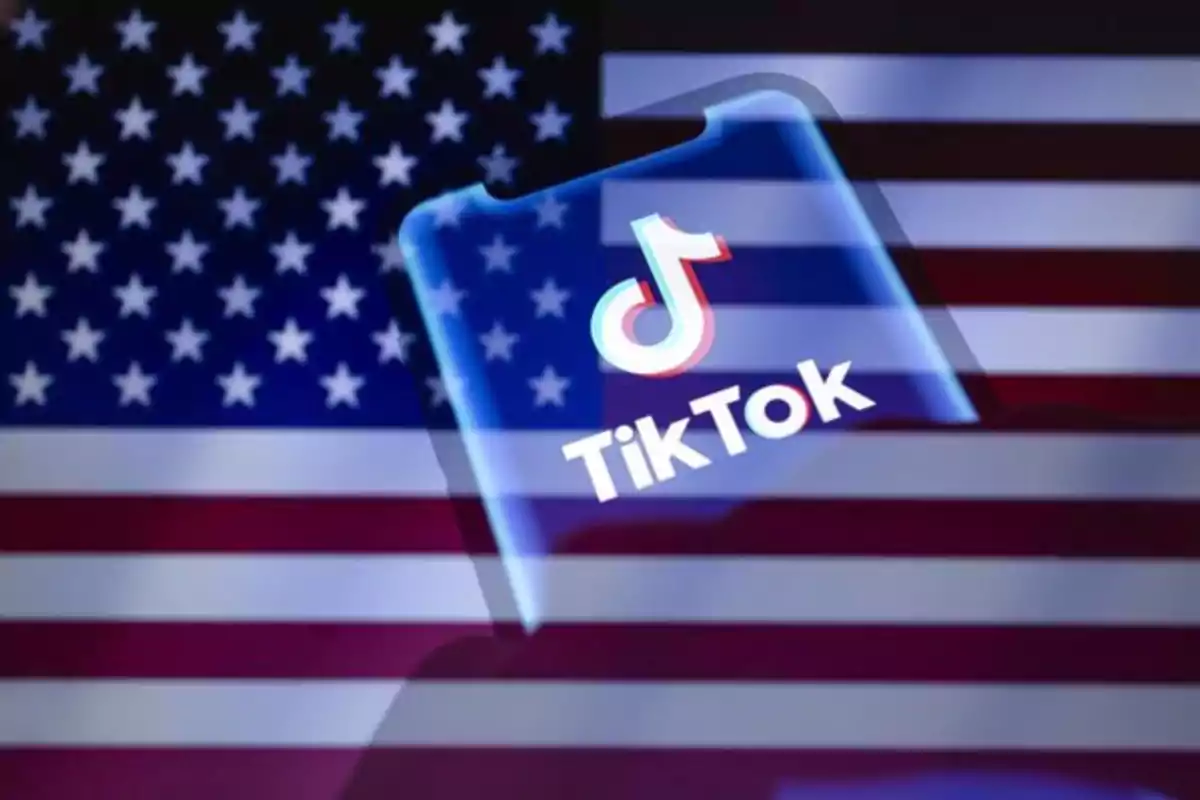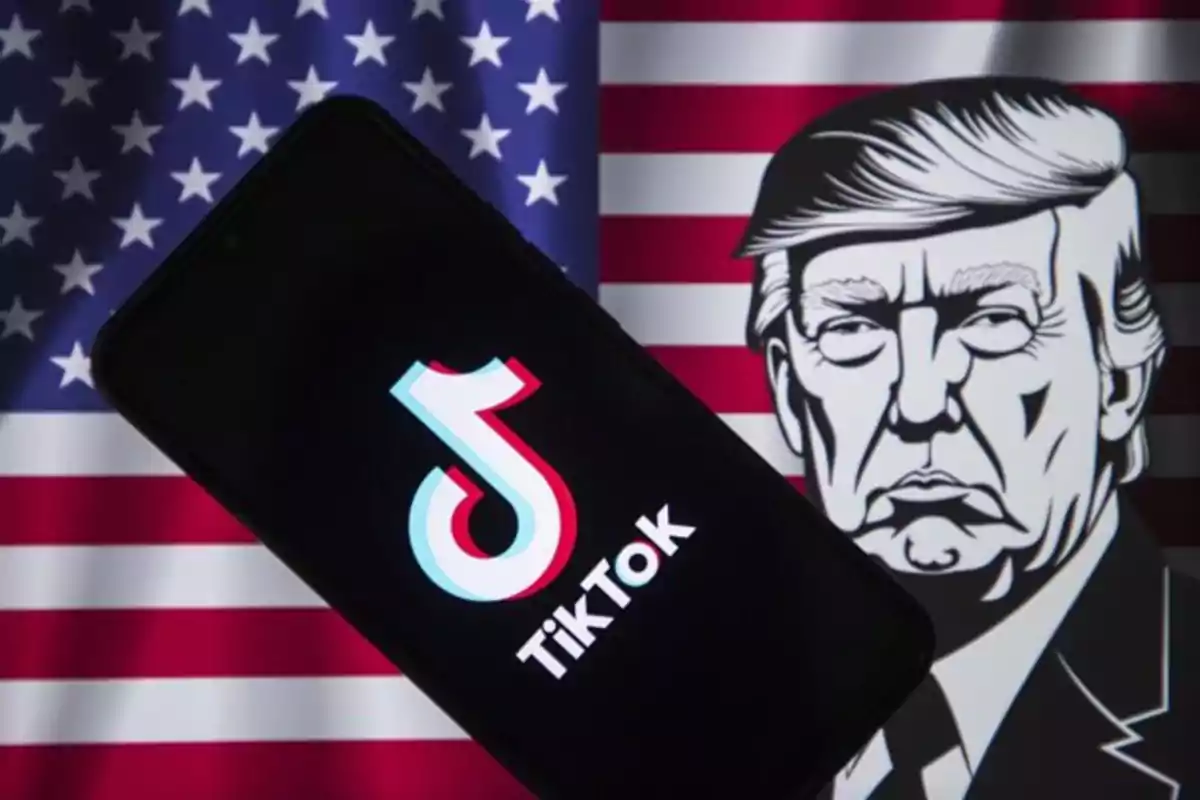
TikTok blocked in the USA: This is the law that could end the most popular app
The Supreme Court supports the measure and leaves millions of users without access, while Trump seeks solutions
This Sunday, TikTok stopped being available in the United States after the Supreme Court upheld a law passed last year.
The regulation required the platform to sever ties with its parent company, the Chinese ByteDance, or face its shutdown in the country.
The law was pushed by Congress under the premise of safeguarding national security.
The news was received by 170 million TikTok users in the U.S. with a message on their phones, in which the platform regretted the cessation of its operations.
The message attributed the service interruption to the legislation passed by Congress.
TikTok's Decision and the Biden Administration's Stance
Despite what the platform reported, the Biden Administration assured that TikTok's suspension was a decision made by the company.
President-elect Donald Trump commented that he would grant TikTok a 90-day extension to avoid the app's ban in the country.
The cessation of operations occurred an hour and a half before the law's entry, which was scheduled for 12:01 AM on Sunday.
Users who tried to access TikTok were met with a message informing them of its blockage and stating that Trump would seek a "solution."
Impact on App Stores and Economic Sanctions
As a result of the new legislation, TikTok was removed from Apple's app store in the U.S., preventing new users from downloading the app.
The law also requires Google and Apple to remove the platform from their stores. Additionally, it forces web hosting companies like Oracle and Amazon Web Services to cut ties with TikTok.

The consequences for violating the law are severe. Companies that continue to support TikTok could face fines of up to $5,000 per user.
Given the size of the platform's user base, these sanctions could reach millions.
The Biden Administration's Stance on the Ban
On Friday, TikTok had warned that it would suspend its operations this Sunday unless the Biden Administration guaranteed it wouldn't impose sanctions on companies supporting the app.
However, the White House dismissed this request, calling it a "publicity stunt." Karine Jean-Pierre, White House spokesperson, made it clear that the Biden Administration wouldn't enforce the law and that its enforcement would be left to the future president, Donald Trump.
The law that led to TikTok's shutdown was passed in April 2024 and gave ByteDance nine months to sell its operations. If it didn't comply with this requirement, the platform would be banned starting January 19.
The regulation was driven by concerns over national security. Legislators feared that the Chinese government could access American users' data and use TikTok to influence public opinion.
Although TikTok has taken measures to ensure user privacy, it denies that the platform is used by Beijing for political purposes.
The Impact on Other ByteDance-Owned Apps
In addition to TikTok, the ban also affects other ByteDance-owned apps, like CapCut, a popular video editing tool used by many content creators.
The suspension of these platforms reinforces concerns about data control and Chinese influence on social networks.
The enactment of this law sets a precedent in U.S. history, as it's the first time a social network has been banned nationwide.
The decision to block TikTok raises questions about the future of tech platforms and privacy policies in the global context.
As new negotiation attempts unfold, TikTok's future in the U.S. remains uncertain.
More posts: